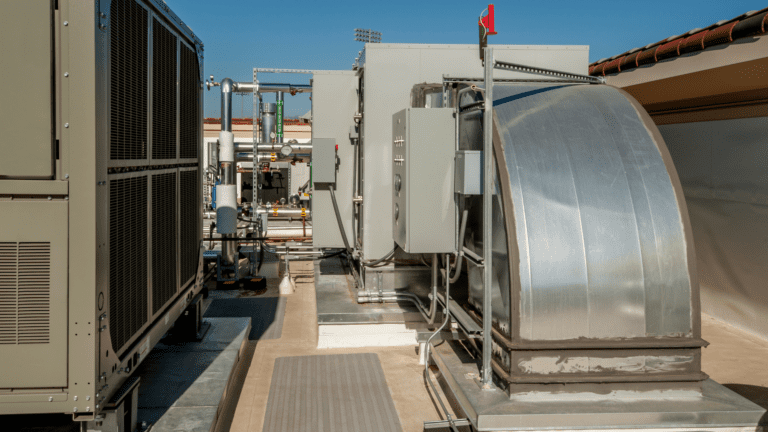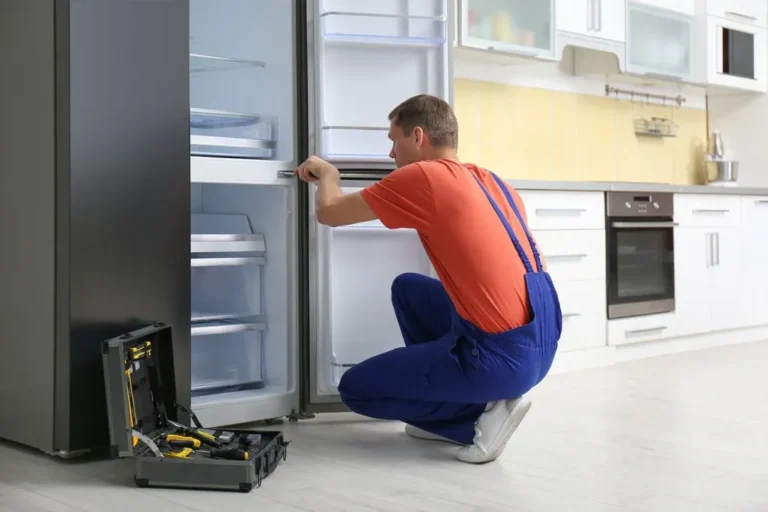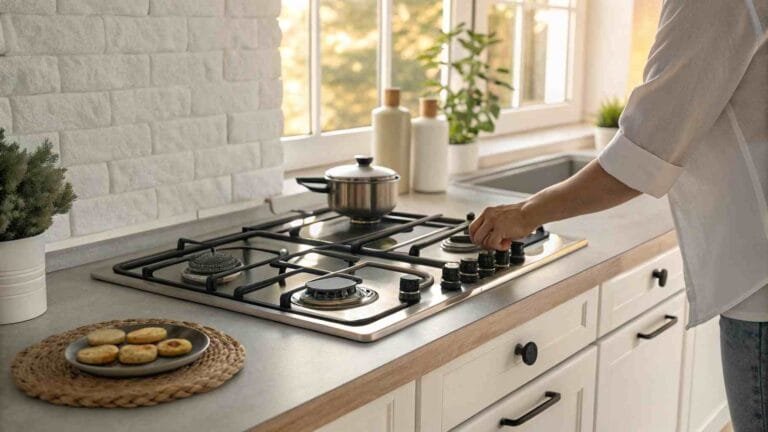A failing refrigerator compressor is your worst nightmare: once it goes, temperatures rise, and soon your groceries are at risk. Fortunately, early warning signs let you call for professional help before a full breakdown. At Romano’s Appliance Repair, our EPA-certified, factory-trained technicians diagnose and fix compressor issues daily. Here’s how to recognize compressor failure early—so you can keep your food fresh and avoid costly spoilage.

1. Listen for Unusual Sounds
First, pay attention to what your fridge is telling you through noise:
- Loud Clicking or Buzzing: Normally, the compressor cycles on and off quietly. If you hear rapid clicking or a continuous buzzing, the start relay or compressor motor may be struggling to run.
- Humming That Never Stops: A healthy compressor runs for a while, then shuts off. If it hums non-stop, it’s overworking—often due to internal wear or low refrigerant.
- Rattling or Knocking: Loose internal parts or failing mount brackets can vibrate against the cabinet. This indicates the compressor is stressed and close to failure.
By noticing these early, you can schedule a service call before temperatures climb too high.
2. Feel for Temperature Fluctuations
Next, monitor how well your refrigerator maintains a stable temperature:
- Warm Pockets: Use an appliance thermometer in different zones. If one shelf reads above 40°F while the rest stays cold, the compressor may not be circulating refrigerant evenly.
- Frost Buildup: Ice on the evaporator coils or frost in the freezer compartment can signal that the compressor isn’t pumping heat properly. Consequently, moisture freezes where it shouldn’t.
- Short Cycling: If the compressor turns on and off in rapid succession, it’s drawing too much power to start—or it can’t maintain pressure. Both cases point to internal motor or valve issues.
Regular checks—every few weeks—help you detect minor fluctuations before they become food-spoiling emergencies.
3. Inspect for Excessive Heat
Then, feel the exterior components to confirm compressor strain:
- Hot Compressor Body: Gently press on the compressor casing (typically at the back, bottom of the unit). It may be warm, but if it’s extremely hot to the touch, the motor windings are overheating.
- Scorching Condenser Coils: Dirty or blocked condenser coils force the compressor to work harder. Therefore, coil cleaning every six months prevents both overheating and premature compressor wear.
- Warm Air from Vents: When the compressor struggles, warm spots appear at the back and sides. This reduces overall cooling capacity, so keep these areas clear of boxes and walls.
By keeping coils clean and vents unobstructed, you ease compressor load and extend its lifespan.
4. Watch Your Energy Bills
Moreover, a failing compressor draws more power:
- Spike in Electricity Usage: If your power bill jumps unexpectedly without major changes in usage, your fridge compressor may be running inefficiently.
- Longer Run Times: Track the compressor’s daily “on” minutes. A significant increase suggests it’s cycling more often to maintain set temperatures.
- Tripped Breakers: An over-worked compressor can draw peak currents that trip your home circuit. This dangerous condition demands immediate attention.
Comparing bills month-to-month helps you spot these anomalies early.
5. Smell for Burning or Chemical Odors
Additionally, your nose can detect compressor distress:
- Burning Smell: Overheated windings or failing electrical components emit a burnt-wiring odor. If you detect this, unplug the fridge immediately to avoid electrical fire risk.
- Refrigerant Leak Odor: While most refrigerants are odorless, small contaminant smells—sweet or chloroform-like—indicate a refrigerant leak. Compressor failure often accompanies low refrigerant levels and requires professional repair.
Never ignore strange smells coming from appliances; they often precede serious damage.
6. Take Preventive Actions
Before calling for service, try these steps:
- Clean Condenser Coils: Vacuum or brush dust and pet hair from coils on the back or bottom of the fridge.
- Level the Unit: An unlevel fridge stresses the compressor. Use a carpenter’s level and adjust the front feet until you have a slight tilt back for proper door closure.
- Check Door Seals: Worn gaskets let warm air in. Run the dollar-bill test—if the bill slips out easily, replace the seal to reduce compressor load.
- Defrost Regularly: For manual-defrost models, clear ice buildup to ensure efficient airflow and heat exchange.
These simple tasks often ease compressor strain and delay failure.
When to Call Romano’s Appliance Repair
If you continue to notice any of these signs—persistent noise, temperature swings, excessive heat, power spikes, or strange odors—it’s time for professional help. Our technicians offer:
- Accurate Diagnostics: We use amp probes, gauges, and leak-detection tools to pinpoint compressor or refrigerant issues.
- OEM Replacement Parts: We install manufacturer-approved compressors and start relays to match your model’s specifications.
- 90-Day Warranty: All repair labor and parts come with a 90-day guarantee, giving you peace of mind.
- Same-Day Service: In most areas, we can respond within 24 hours to minimize food spoilage risk.
Frequently Asked Questions (FAQs)
Q: How long does a fridge compressor last?
A: Typically 10–15 years. Proper maintenance—coil cleaning and seal checks—can extend life toward the upper end of that range.
Q: Can I replace the compressor myself?
A: No. Compressor replacement involves handling refrigerant under EPA regulations and requires specialized tools. Always use a licensed technician.
Q: What’s the cost of compressor repair vs. replacement?
A: Repairing or replacing a compressor usually runs $300–$600. If your fridge is older than 12 years and labor costs approach 50% of a new unit’s price, consider replacement.
Q: Can a bad relay mimic compressor failure?
A: Yes. A faulty start relay prevents the compressor from running and causes clicking noises. Technicians test relays first to avoid unnecessary compressor replacement.
Q: How can I prevent compressor failure?
A: Keep coils clean, seal the doors properly, avoid overpacking the fridge, and schedule service at the first sign of trouble.
Conclusion
Spotting compressor trouble early prevents spoiled food, costly repairs, and full unit replacement. By listening for strange noises, monitoring temperatures, watching energy use, and inspecting for heat or odors, you gain crucial time to call Romano’s Appliance Repair. Our certified technicians deliver fast, reliable compressor diagnostics and repairs—protecting your groceries and extending your refrigerator’s life.
Contact Us
Don’t let a failing compressor ruin your day. Schedule service now:
- Phone: (561) 352-8870
- Email: romanosappliance@gmail.com
- Website: romanosappliancerepair.com





